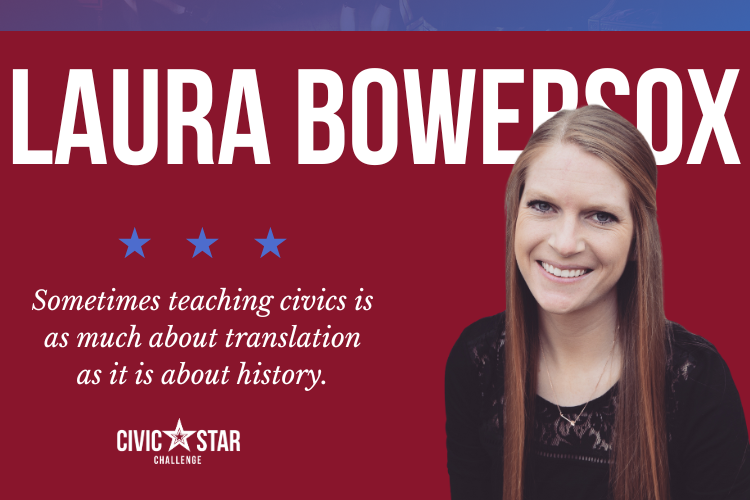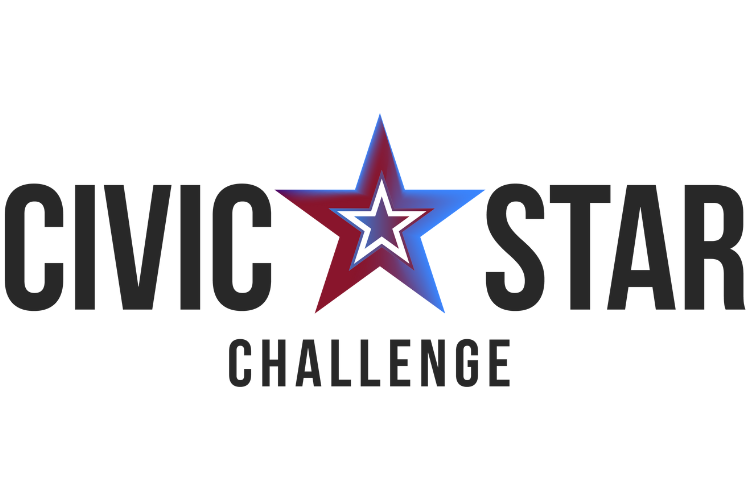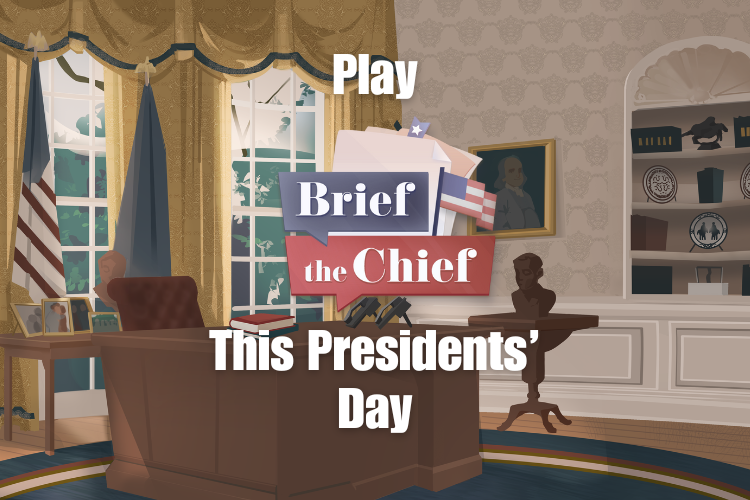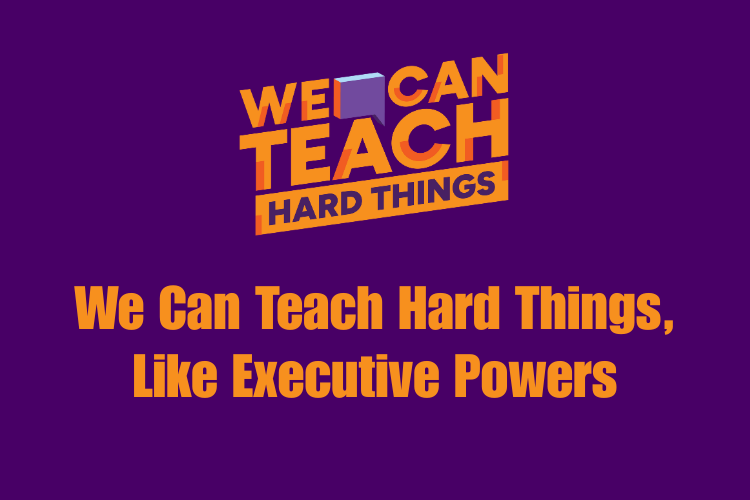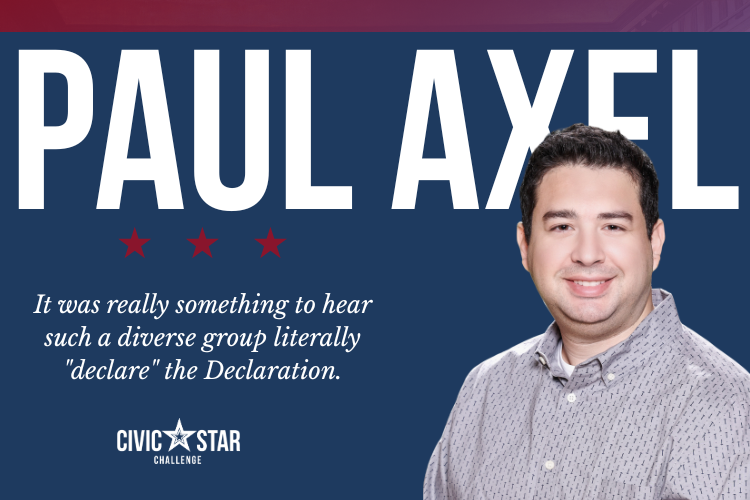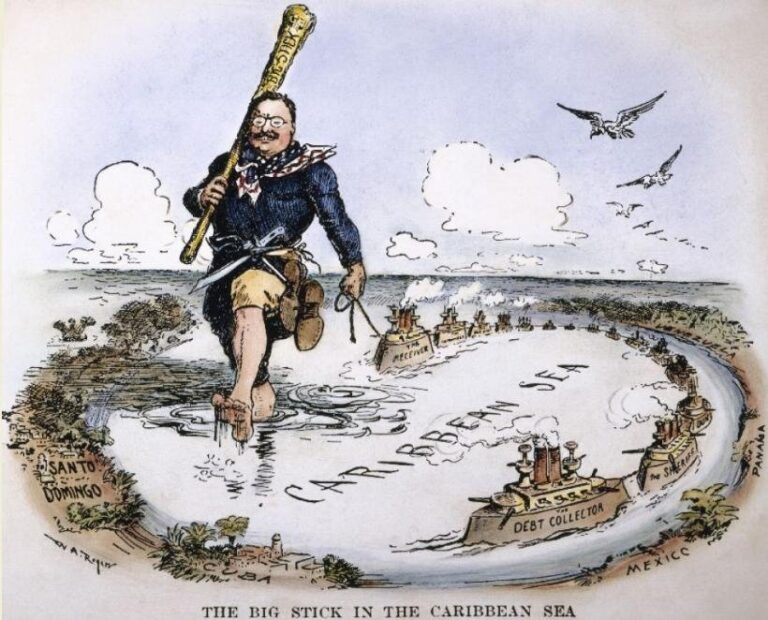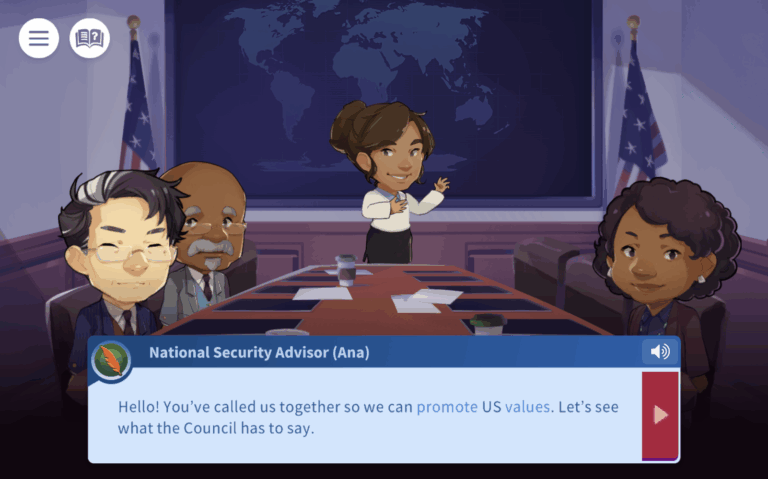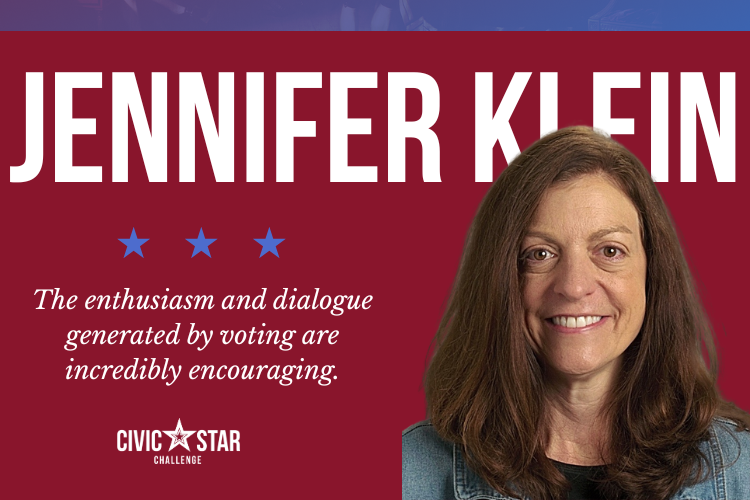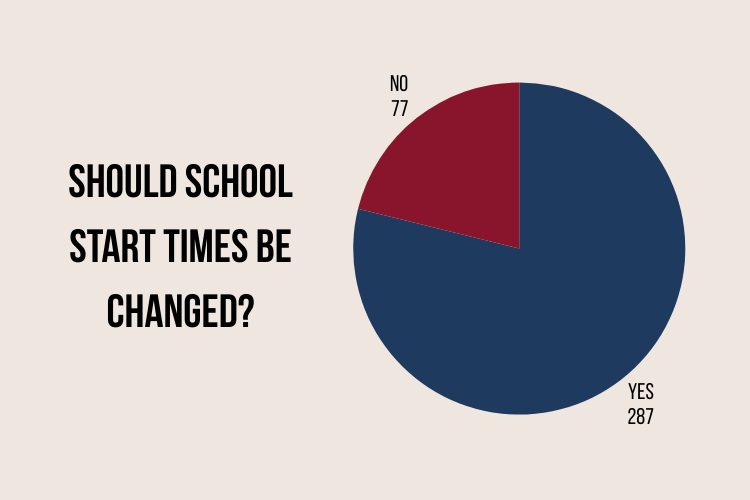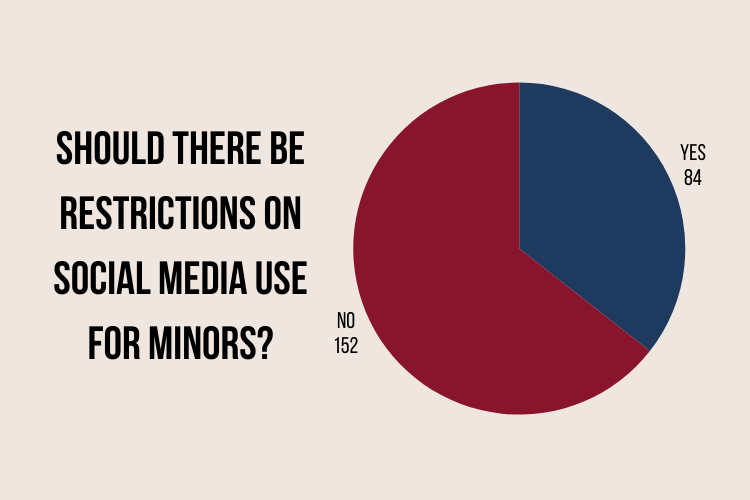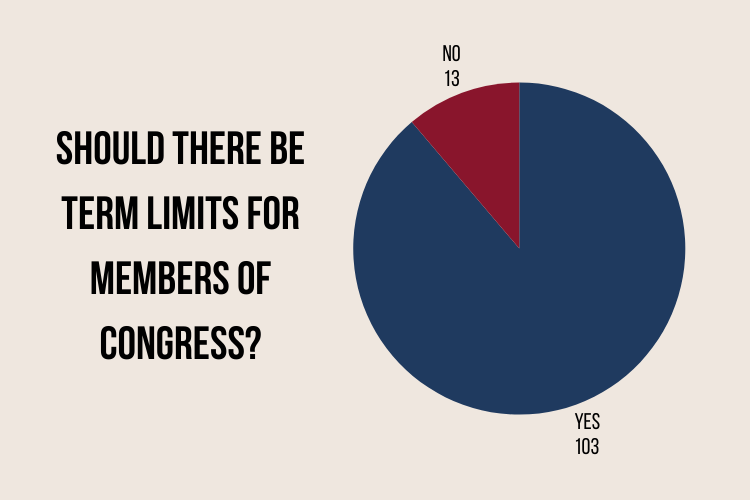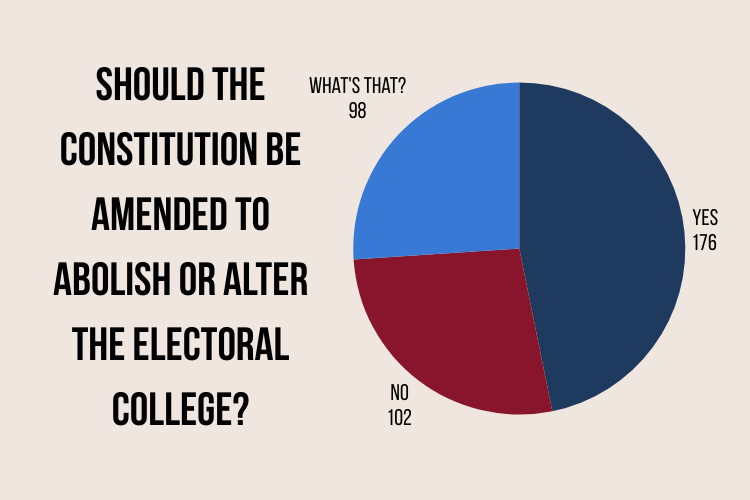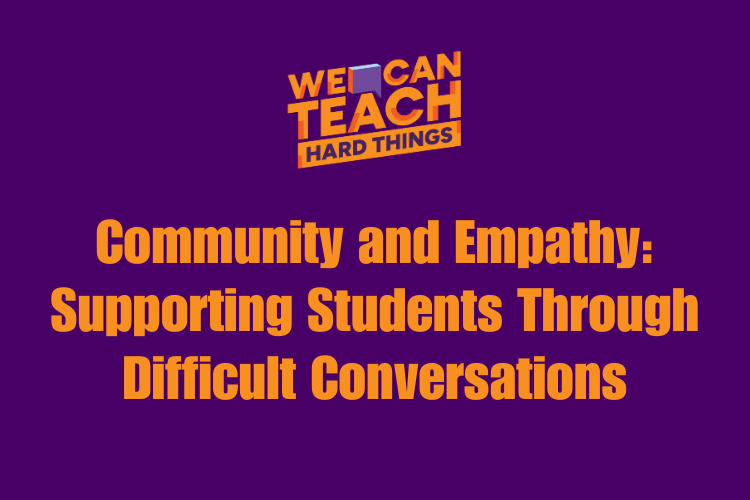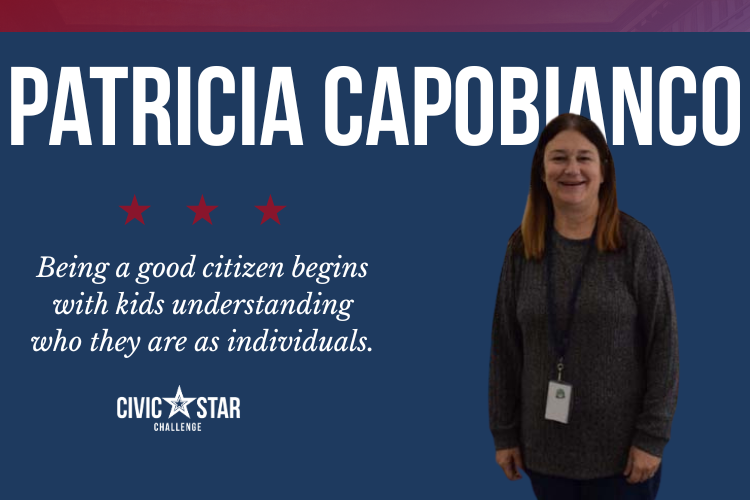Sometimes teaching civics is as much about translation as it is about history.
As part of the Civic Star Challenge, I teamed up with my colleague, Laura McFarren. We wanted to come up with a way to help our students really plug into the Declaration of Independence. Our biggest challenge is making complex, old texts accessible to middle school students. We found that the best “way in” is to break it down for them—but first we have to grab their attention.
That’s where AI can be a help. We gave it grievances from the Declaration and asked it to paraphrase them in a style we knew would be familiar to the students. By catching their attention with pop culture icons and using language that is more familiar, students are able to better understand and, crucially, remember the original text.
Pop quiz! See if you can match the original grievance with the contemporary translation.
Note: We weren’t able to get the actual Taylor to give us an actual lyric, nor are the others direct quotes. But AI definitely channeled their voices!
- “For cutting off our Trade with all parts of the world.”
- “For depriving us in many cases, of the benefits of Trial by Jury.”
- “For Quartering large bodies of armed troops among us.”
- “He has plundered our seas, ravaged our Coasts, burnt our towns, and destroyed the lives of our people.”
- “For imposing Taxes on us without our Consent.”
- “They demanded our money without asking. Typical. Theft, disguised as law. Charming.” – Wednesday Addams
- “He wrecked our oceans, trashed the coasts, set our towns on fire, and straight-up ruined lives. Total villain behavior.” – a Gen Z-er
- “You took away our right to speak, to fight, to be heard — like justice was just another thing you burned.” – Taylor Swift
- “He blocked our hustle, cut the cords to the globe — no deals, no flows, just chains on the growth. This ain’t freedom, it’s control. And we see it.” – Kendrick Lamar
- “He basically let a bunch of angry army dudes crash at our place without asking… like, bro, this isn’t the Krusty Inn.” – SpongeBob SquarePants
The students really leaned in—this was vocabulary that made sense to them. When Kendrick Lamar is spinning rhymes about the Declaration, all middle school ears perk up!
We even challenged our students to abandon words altogether! For example, the students recently looked at primary sources for events leading up to the American Revolutionary War. Then they had to analyze how colonists might have reacted to each event and boil it down to emojis. (We saw lots of tea cups and thumbs down!)
No matter the language, it’s my goal for the ideas in these historic documents and scenarios to resonate with the students—and stick with them. With the help of Taylor, they do!
About Laura
- Teaching experience: 11 years in education
- Currently teaching: 8th grade social studies
Laura Bowersox believes collaboration with other educators is an integral part of education and loves to seek opportunities to learn from others. She strives to help her students become intelligent, informed, and involved citizens.
(Pop quiz answers: A4, B3, C5, D2, E1)

